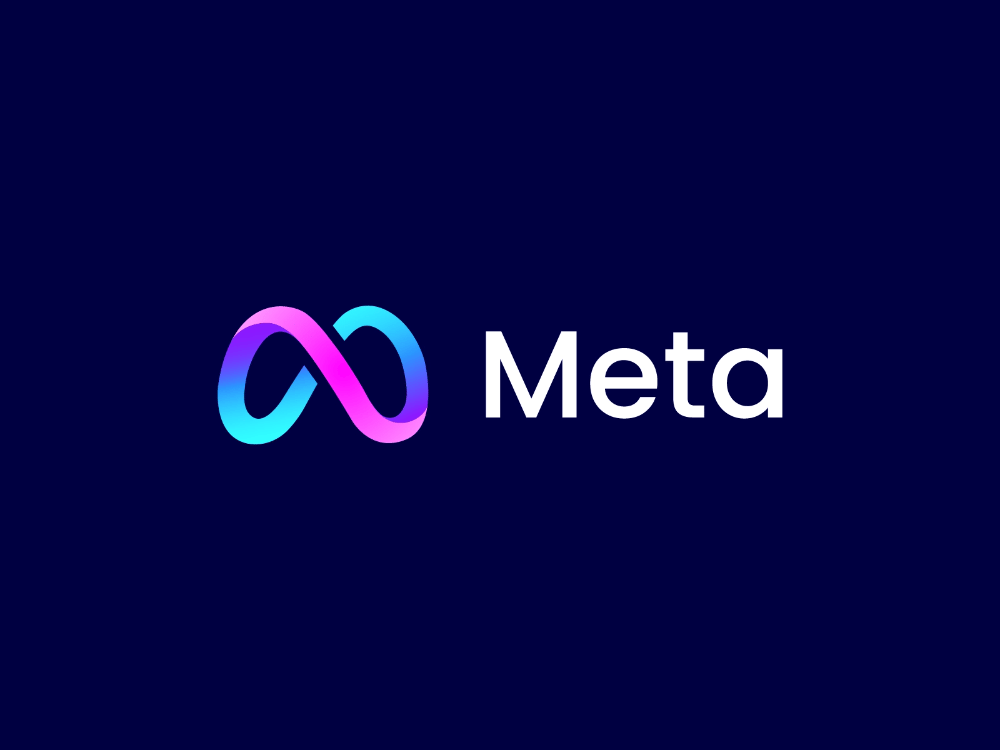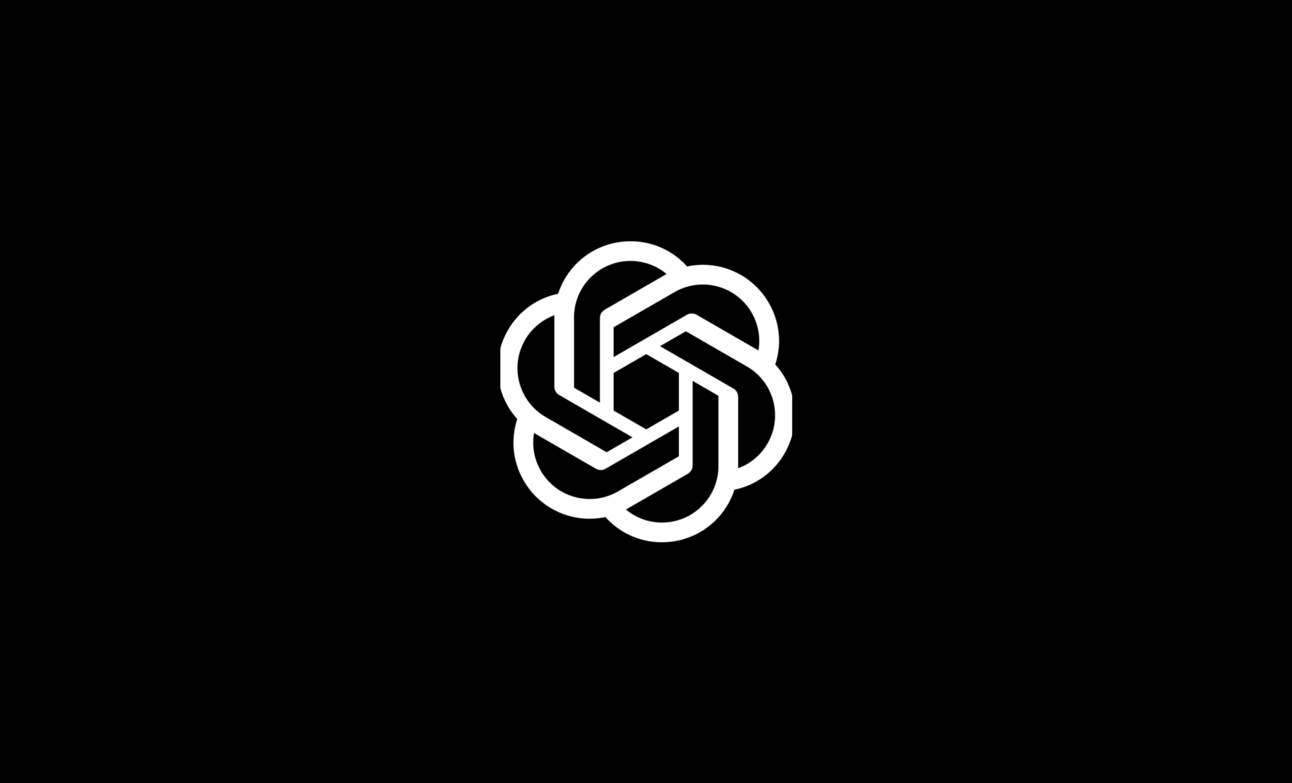- Tech Drop
- Posts
- The Tech Drop
The Tech Drop
June 2nd 2025
The Tech Drop Today:
Meta Plan to Automate Risk Assessments with AI
AI is Creeping into the Legal System
OpenAI to turn ChatGPT into a Digital Companion
Meta Plan to Automate Risk Assessments with AI:

The Drop:
Meta plans to let AI take over up to 90% of its product risk and privacy assessments for apps like Instagram and WhatsApp, replacing much of the work previously done by human reviewers.
The Details:
Under a 2012 FTC agreement, Meta is required to conduct privacy reviews for all product updates.
A new AI system will instantly evaluate risk based on team-submitted questionnaires.
Meta says humans will still review “novel or complex” cases, but simpler changes will be fast-tracked by AI.
Why it matters:
This move could drastically speed up how Meta updates its products, but it also raises concerns about missed risks and unintended consequences. It reflects a growing trend of AI replacing high-skill roles in tech, not just in coding and content, but in governance and compliance too. As companies automate core responsibilities the nature, and number, of tech jobs may shift faster than regulators or workers are ready for.
AI is Creeping into the Legal System:

The Drop:
Lawyers across the U.S. are increasingly turning to AI tools like ChatGPT for legal research and writing, but a growing number are getting sanctioned for submitting court documents containing AI-generated hallucinations.
The Details:
Attorneys have been fined and rebuked by judges for filings with fake citations generated by AI tools like ChatGPT, Claude, and Westlaw AI.
Many lawyers see AI as a helpful time-saving assistant, though some mistakenly treat it like a reliable search engine.
Legal organizations and the American Bar Association are now issuing guidance on responsible use of generative AI in legal practice.
Why it matters:
This isn't just about legal ethics, it's a glimpse into how generative AI is reshaping high-stakes, traditionally human dominated professions. The legal world shows what happens when overworked professionals turn to AI to keep pace, often without fully understanding the tech. As AI becomes a standard workplace tool, the real risk may be in not knowing how to use it wisely. This is a shift that’s redefining what "competence" means in modern work.
OpenAI to turn ChatGPT into a Digital Companion:

The Drop:
Newly revealed internal documents show OpenAI has big ambitions for ChatGPT, aiming to evolve it into a full-fledged “super assistant” that knows you, helps you, and travels with you through every part of life.
The Details:
OpenAI’s “H1 2025 Strategy” outlines plans to transform ChatGPT into a highly personalized AI assistant that handles everything from booking appointments to reflecting with you on a solo walk.
The assistant will leverage agentic models, multimodal interaction, and potentially new hardware form factors to become more deeply embedded in daily life.
OpenAI acknowledges infrastructure and competition challenges, but sees its research lead, brand power, and culture of speed as key long-term advantages.
Why it matters:
This points to a future where AI isn’t just something we use, it becomes something we live with. The way we interface with tech may shift from screens and clicks to conversations and real-time support from emotionally aware digital companions. If OpenAI and its rivals succeed, the next few years won’t just be about better tools, they’ll be about rethinking what it even means to use a computer.